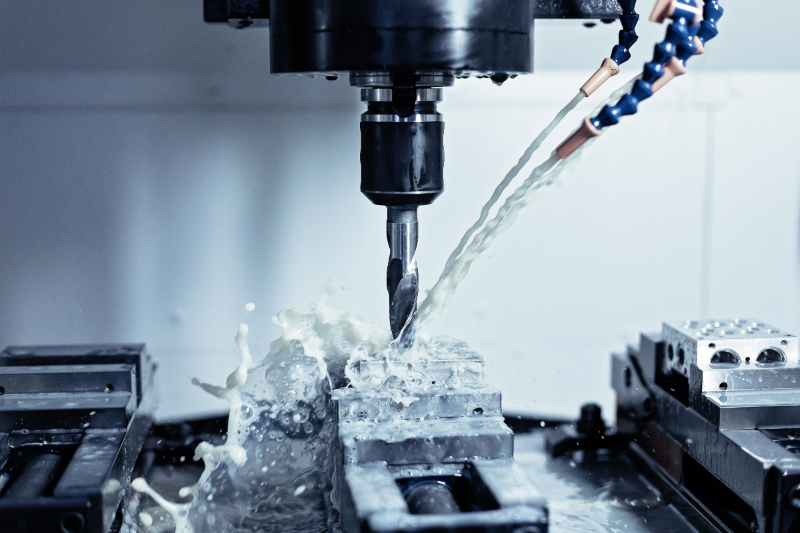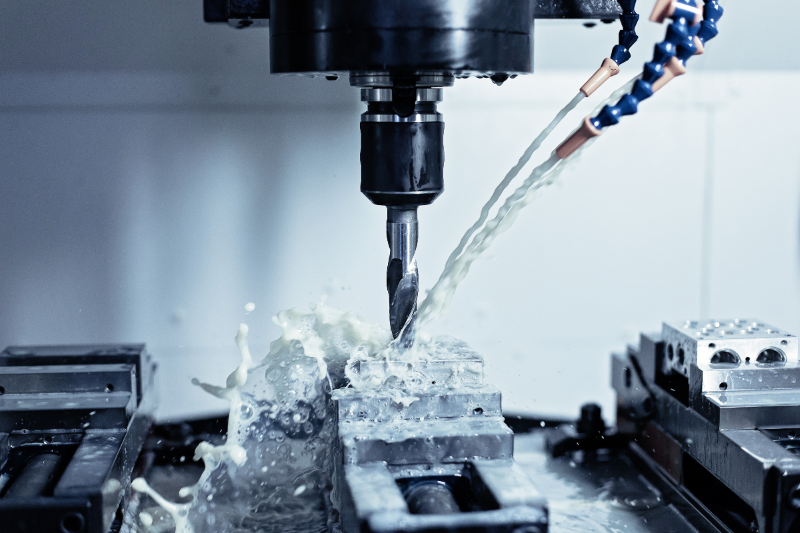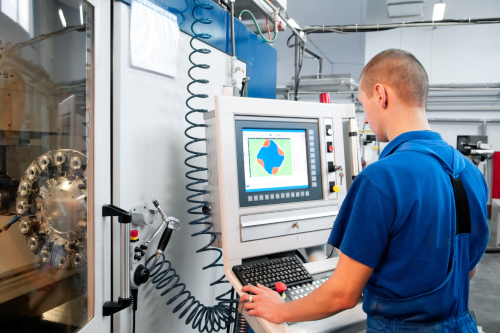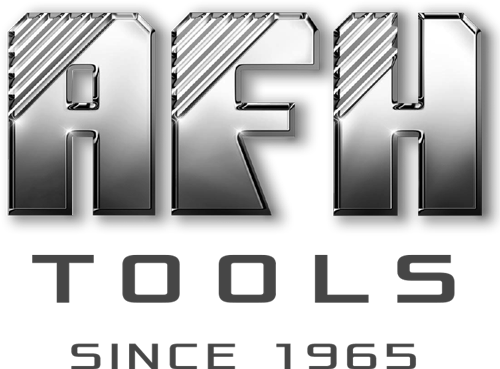CNC MACHINING: ADVANTAGES AND DISADVANTAGES

CNC Machining: Advantages and Disadvantages
Describe a CNC machine
CNC is an abbreviation for computer numerical control. In this method, both the instrument and the workpiece are controlled by a numerical program.
Pros and cons of computer numerical control (CNC) machining. In the past fifty years, machinists have been responsible for making each component. While these abilities remain important, computerized devices have surpassed humans when it comes to mass-producing a single item with a high degree of accuracy.
CNC milling, which uses a computer to control the cutting process, is ideal for this.
CNC machining, or computer numerically controlled machining, is a type of production in which machining tools are controlled by computer software. Grinding, routing, milling, punching, turning, and lathing are just some of the complicated procedures that can be accomplished with this technology.
Since its introduction in the 1960s, computer numerical control (CNC) milling has become the standard for manufacturing. Knowing the benefits and drawbacks of implementing this technology into your production processes is crucial.
Advantages
- Unlike manual work, which requires breaks for rest and food, CNC equipment can run nonstop for as long as needed without tiring out the operator. As a result, output and efficiency skyrocketed.
- The software allows for the design of a product to be written once, resulting in consistency, precision, and redundancy. After that, the CNC machine can make an exact copy of the plan, no matter how many copies are needed.
- When compared to manual machine operators, CNC machine operators have a low ability requirement.
- Because the equipment is managed by computer code, less staff is required for operation and supervision, reducing costs.
- The software's adaptability means that it can be simply rewritten to produce new types of parts, allowing businesses to meet the ever-changing needs of their clientele.
- Technology that employs computer precision to overcome the limitations of human effort. CNC machining allows for more complicated and precise procedures.
- Scalability: You need not worry about having one, ten, or a thousand pieces manufactured with the same precision, quality, and specifications. Whether you need one piece or hundreds, CNC machining is optimal, and even if you request an additional batch later, you will always receive what you ordered.
Disadvantages
- The original investment in a computer numerically controlled machine is higher than that of a manually operated machine. However, as this technology becomes the norm, availability increases, and prices drop.
- Decreased demand for manual machine operators means fewer new pupils are learning the necessary skills. This can cause long-practised abilities to be forgotten altogether.
- Unemployment: As production becomes increasingly mechanized, fewer workers are needed. However, the demand for software engineers and industrial engineers is on the rise, so curriculum changes are necessary. Refer to this article for further reading on the topic of the manufacturing industry's skills gap.
- Costly: CNC cannot be the most cost-effective choice for your production needs. Your order's specifics, such as quantity, size, material, time, and intricacy, will determine how much CNC manufacturing will cost. Whether or not you need CNC for your product depends on its development stage and whether you can make a prototype using a different manufacturing technology and substance.
The benefits of CNC machining exceed the drawbacks by a significant margin. Changes and adaptations are inevitable as we adapt to the demands of a new technological era. This is more accurate than ever before in manufacturing thanks to the development of automation and 3D printing.
CNC Machines in Dubai and Their Uses
- Metal extraction businesses
- Industries that make and repair materials
- In fields where traditional machining methods are impractical, such as those dealing with unconventional materials.
Among the many CNC processes available at AFH tools are drilling, forming, turning, and milling. To learn more about the hardware and tools we use, please visit this page. We are able to do so because we have the resources, manpower, and experience to handle heavy workloads. Get in touch with us right away if you need CNC manufacturing.



